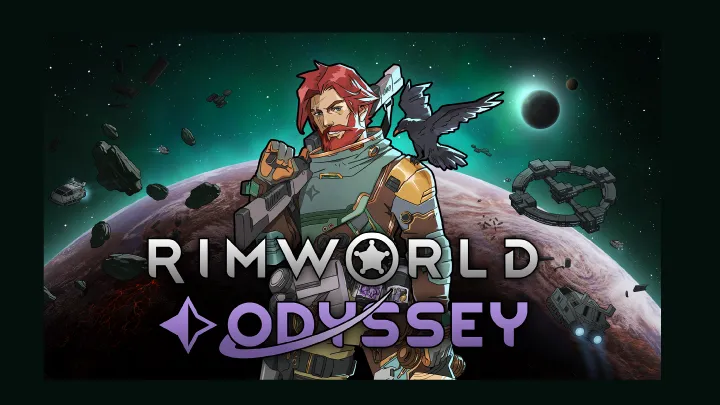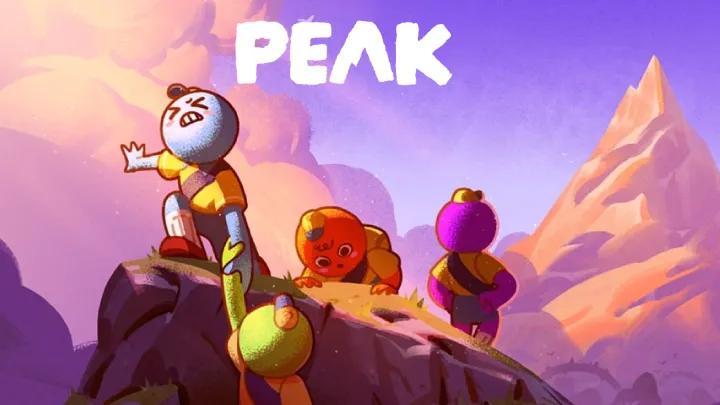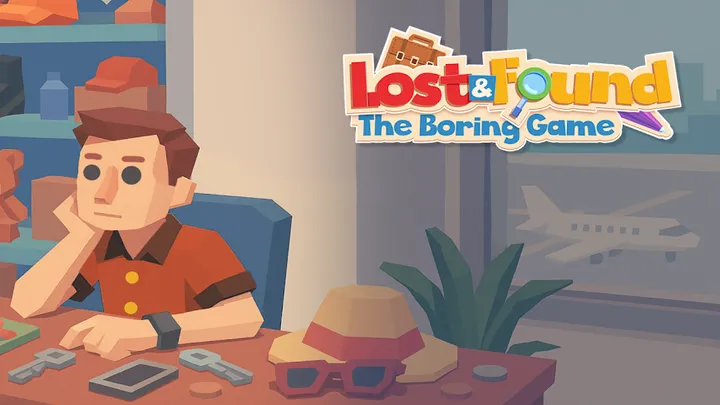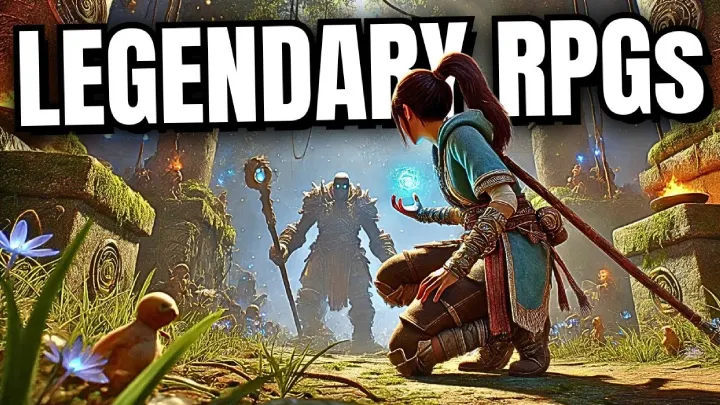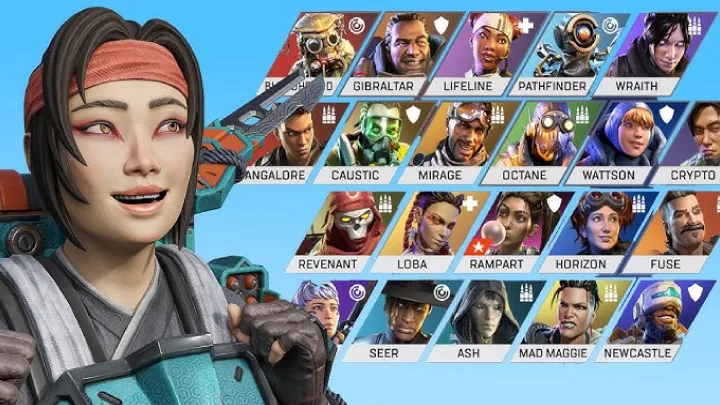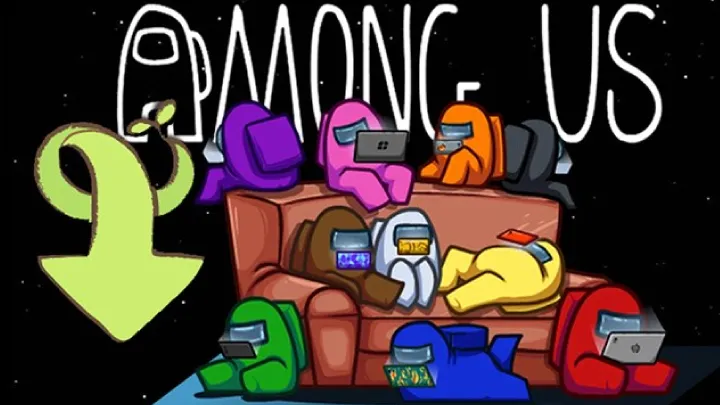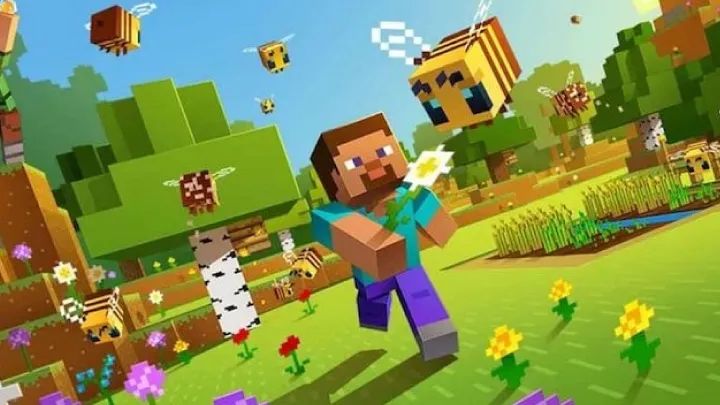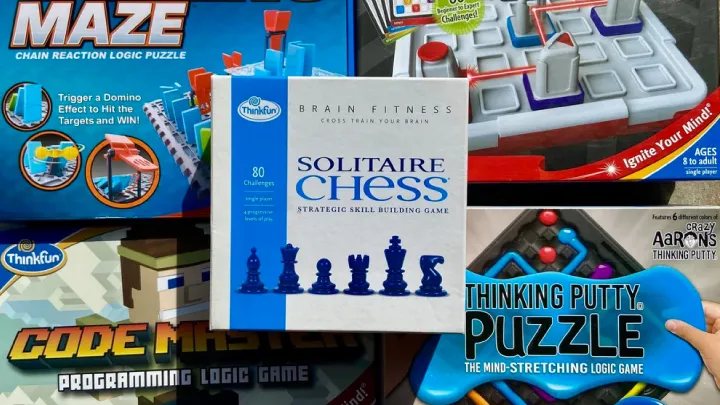"The Legend of Zelda" is a groundbreaking action-adventure video game franchise developed by Nintendo. First released in 1986, the series has since become one of the most iconic and influential in gaming history. With its rich storytelling, intricate puzzles, and immersive worlds, "The Legend of Zelda" has captivated players across generations, establishing a legacy that continues to thrive today.
Origins and Development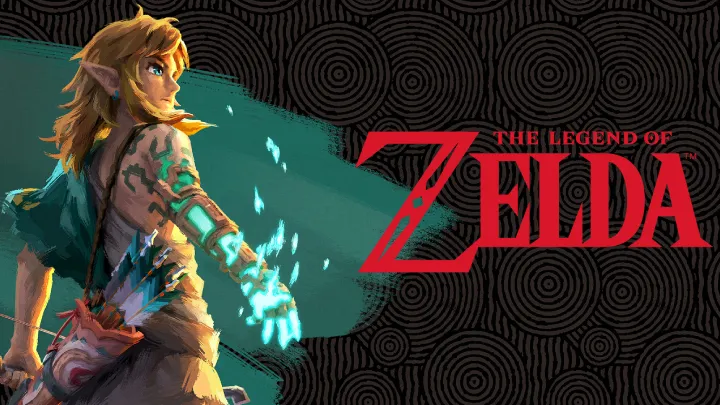
Creation and Vision
The concept for "The Legend of Zelda" was conceived by Shigeru Miyamoto and Takashi Tezuka. Inspired by their childhood experiences of exploring the hills and caves around Kyoto, they wanted to create a game that encapsulated the sense of adventure and discovery. The game was revolutionary for its time, combining elements of action, puzzle-solving, and exploration in an open-world setting.
Initial Release
The original "The Legend of Zelda" was released on the Famicom Disk System in Japan in 1986, followed by its launch on the Nintendo Entertainment System (NES) in North America in 1987. The game introduced players to the land of Hyrule, where they took on the role of Link, a young hero tasked with rescuing Princess Zelda and defeating the evil Ganon.
Gameplay Mechanics
Exploration and Adventure
At the heart of "The Legend of Zelda" is exploration. Players navigate through vast overworlds and intricate dungeons, discovering secrets, solving puzzles, and battling enemies along the way. The game encourages curiosity and creativity, rewarding players for exploring every corner of Hyrule.
Puzzles and Challenges
Puzzles play a significant role in the gameplay, often requiring players to use items creatively to progress. From unlocking doors to navigating mazes, the puzzles challenge players' problem-solving skills and add depth to the experience.
Combat System
Combat in "The Legend of Zelda" is action-oriented, allowing players to engage enemies using various weapons and items. Players can upgrade their gear throughout the game, enhancing their combat abilities and introducing new strategies.
Iconic Characters
Link
Link is the series' protagonist, a courageous young hero who embarks on quests to save Hyrule and Princess Zelda. He is often depicted as a silent protagonist, allowing players to project themselves onto the character. Link's design has evolved over the years, but he remains a symbol of bravery and adventure.
Princess Zelda
Princess Zelda is a central figure in the series, often embodying wisdom and courage. Depending on the game, she may take on different roles, from a damsel in distress to a powerful ally. Her character development adds depth to the overarching narrative of the series.
Ganon
Ganon, also known as Ganondorf in his human form, serves as the primary antagonist in many titles. His desire for power and dominion over Hyrule drives the conflict in the series, establishing him as one of gaming's most iconic villains.
Evolution of the Series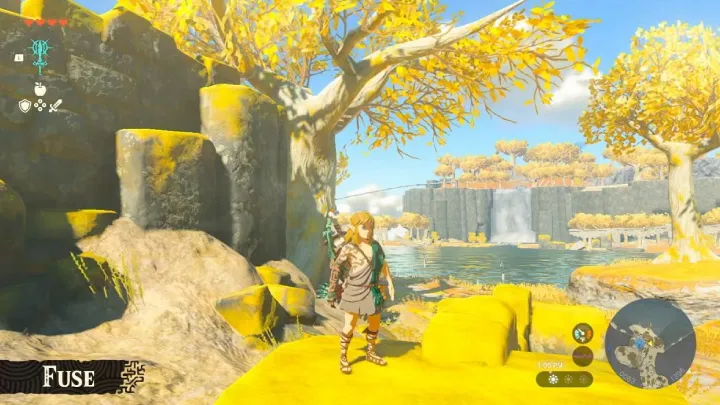
Major Installments
The "Legend of Zelda" franchise has seen numerous entries, each contributing to the series' legacy. Some of the most notable titles include:
- The Legend of Zelda: Ocarina of Time (1998): Often hailed as one of the greatest video games of all time, this installment introduced 3D graphics and a time travel mechanic, revolutionizing the gaming landscape.
- The Legend of Zelda: The Wind Waker (2002): Featuring a distinctive cel-shaded art style, this game emphasized exploration and sailing, offering a unique take on the Zelda formula.
- The Legend of Zelda: Breath of the Wild (2017): This critically acclaimed title redefined the open-world genre, allowing players unprecedented freedom to explore Hyrule. Its innovative gameplay mechanics and immersive world set a new standard for future games.
Spin-offs and Adaptations
In addition to mainline games, the franchise has spawned numerous spin-offs, including:
- Hyrule Warriors: A hack-and-slash game that combines Zelda characters and settings with the Dynasty Warriors gameplay style.
- Cadence of Hyrule: A rhythm-based game that merges the Zelda universe with music mechanics, showcasing the franchise's versatility.
Thematic Elements
Exploration and Adventure
At its core, "The Legend of Zelda" embodies themes of exploration and adventure. Each game encourages players to discover the world around them, uncovering secrets and forging their paths.
Good vs. Evil
The conflict between good and evil is a recurring motif throughout the series. Link's quest to thwart Ganon's plans embodies the timeless battle between light and darkness, resonating with players on a fundamental level.
Growth and Transformation
The series often explores themes of personal growth and transformation. As Link progresses through his journey, he gains new abilities, learns valuable lessons, and evolves as a character.
Cultural Impact
Iconic Music
The music of "The Legend of Zelda" is renowned for its memorable melodies and compositions. Composed by Koji Kondo, the series' music has become iconic, with themes that evoke nostalgia and emotion. The "Zelda" theme is instantly recognizable and has been performed in various orchestral arrangements worldwide.
Influence on Game Design
"The Legend of Zelda" has had a profound impact on game design and development. Its approach to open-world exploration, puzzle-solving, and narrative structure has influenced countless games across genres. The series set a benchmark for quality and creativity that many developers aspire to achieve.
Fandom and Community
The "Legend of Zelda" franchise has cultivated a passionate fanbase that spans generations. From fan art and cosplay to speedrunning and fan theories, the community actively engages with the series, celebrating its legacy and sharing their love for Hyrule.
Merchandise and Spin-offs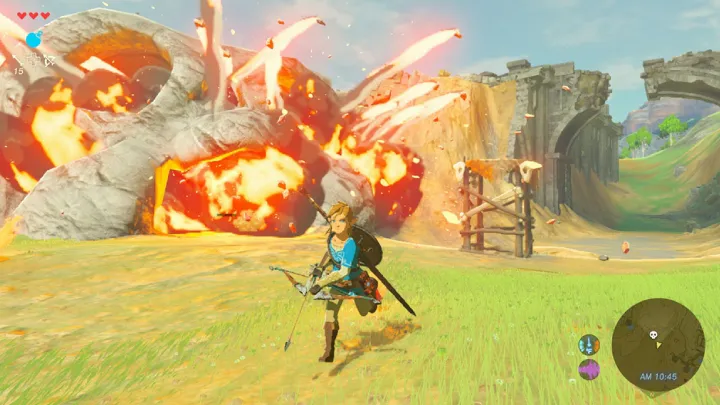
Toys and Collectibles
The popularity of "The Legend of Zelda" has led to a wide range of merchandise, including action figures, clothing, and collectibles. Fans can express their love for the series through various products that celebrate its characters and themes.
Adaptations in Other Media
The franchise has also seen adaptations in other media, including comics, manga, and an animated series. These adaptations expand the lore and introduce new audiences to the world of Hyrule.
Future of The Legend of Zelda
Upcoming Titles
As of 2023, the future of "The Legend of Zelda" looks promising, with new titles and expansions being developed. The success of "Breath of the Wild" has set high expectations for future games, and fans eagerly await announcements from Nintendo.
Continued Innovation
Nintendo has a history of pushing the boundaries of game design, and future "Zelda" titles are likely to continue this trend. Innovations in gameplay mechanics, storytelling, and world-building will keep the series fresh and engaging for new and returning players.
Conclusion
"The Legend of Zelda" is more than just a video game franchise; it is a cultural phenomenon that has left an indelible mark on the gaming industry. With its rich storytelling, innovative gameplay, and memorable characters, the series has captured the hearts of millions. As it continues to evolve and adapt, "The Legend of Zelda" remains a beacon of creativity and adventure, inviting players to embark on new journeys in the enchanting world of Hyrule. The legacy of Link and Zelda will undoubtedly endure, inspiring future generations of gamers and storytellers alike.


